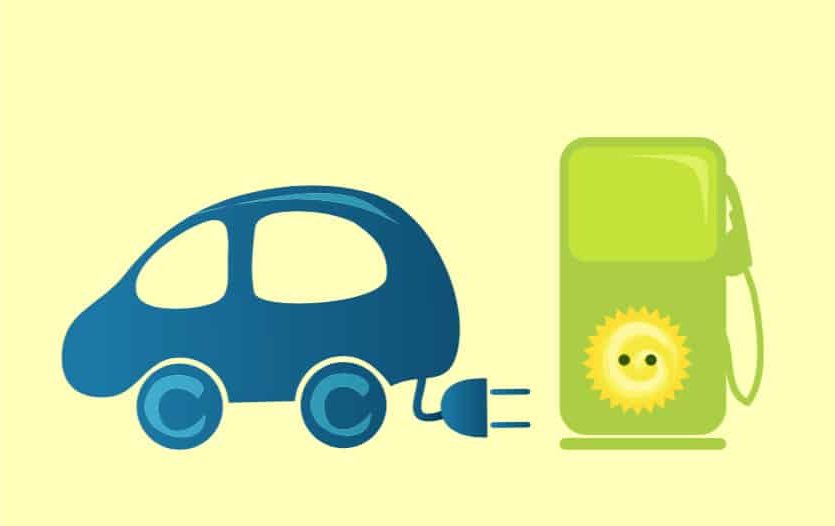
There’s been a lot of discussion lately about the desperate need to change the way that we travel in order to reduce our impact on the environment. With views on both extremes telling us to either give up cars altogether or to ignore the climate crisis and continue as normal, it can be difficult to predict where the industry is heading with regards to the future of private transport.
One of the first things you might think of when the words “future of transport” are said is an electric car, and for good reason, most of the world’s top manufacturers have either released or announced an EV of their own, with some even planning a range of pure electric models for release over the coming years. While alternative Hydrogen Fuel Cell vehicles haven’t quite gotten the same amount of press, they’re contributing towards something of a ‘green arms race’ in the car industry, and surely that can only drive (no pun intended) both further forwards!
Now, both types of vehicle certainly have their negative points. For EVs the main arguments levelled at them are the availability of charging points (although you can have one at your house, unlike a petrol pump) and the environmental impact of their production. For the hydrogen-powered car, the question is about an even less common network of hydrogen stations in the UK, and the highly explosive nature of the element in its compressed form. In a sense these questions have brought both types of car into the real world, acknowledging that while they are by no means perfect, they still represent a much better future than that offered by fossil fuels.
As the population grows, and the number of people in our cities rises, sustainable transport is crucial in ensuring that people can live healthy lives in built up areas, while reducing our collective impact on the planet as well. A recent report by Trust For London found that the life expectancy for all Londoners born since 2010 is 2 years lower than those born before, highlighting the need for change. Outside the capital, Leeds is home to the 2nd most polluted in the UK with nitrogen dioxide levels over double the legal limit. In areas with poor public transport services, solving this issue is much more complex than in cities with good public transport links.
Change in the industry isn’t a bad thing, if there are ways to maintain the fun of driving while reducing the environmental impact of the vehicles we use, it’s a win-win for everyone. Resistance from the big manufacturers has reduced over the course of the decade due to increased research into the technologies that many are now using in their new EV models, which has, in turn, started to convince consumers on a larger scale. It is important to remember that large changes are achievable when a lot of people make small ones. The switch from fossil fuels to sustainable energy represents a big change in our society, but a change that will ultimately allow millions of people to breath a little bit easier.
At Autotech Recruit, we’re acutely aware of the growing number of EVs on our roads and in the country’s garages and dealerships. As that number increases, so must the number of qualified technicians to work on them when they break down or need a service. To do our bit in keeping the industry up to speed with current trends, we offer a range of Electric & Hybrid Vehicle training courses through Autotech Training, which our contractors can book onto at a discounted rate! Don’t let yourself or your business fall behind during these times of change, make sure you’re prepared.
By Jacob Cox
Social Media Executive, Autotech Recruit
